Bill Gates Pledges to Donate Majority of $200 Billion Fortune to Transform Africa’s Future
- by RNG247 Reporter
- about 7 months ago
- 165 views
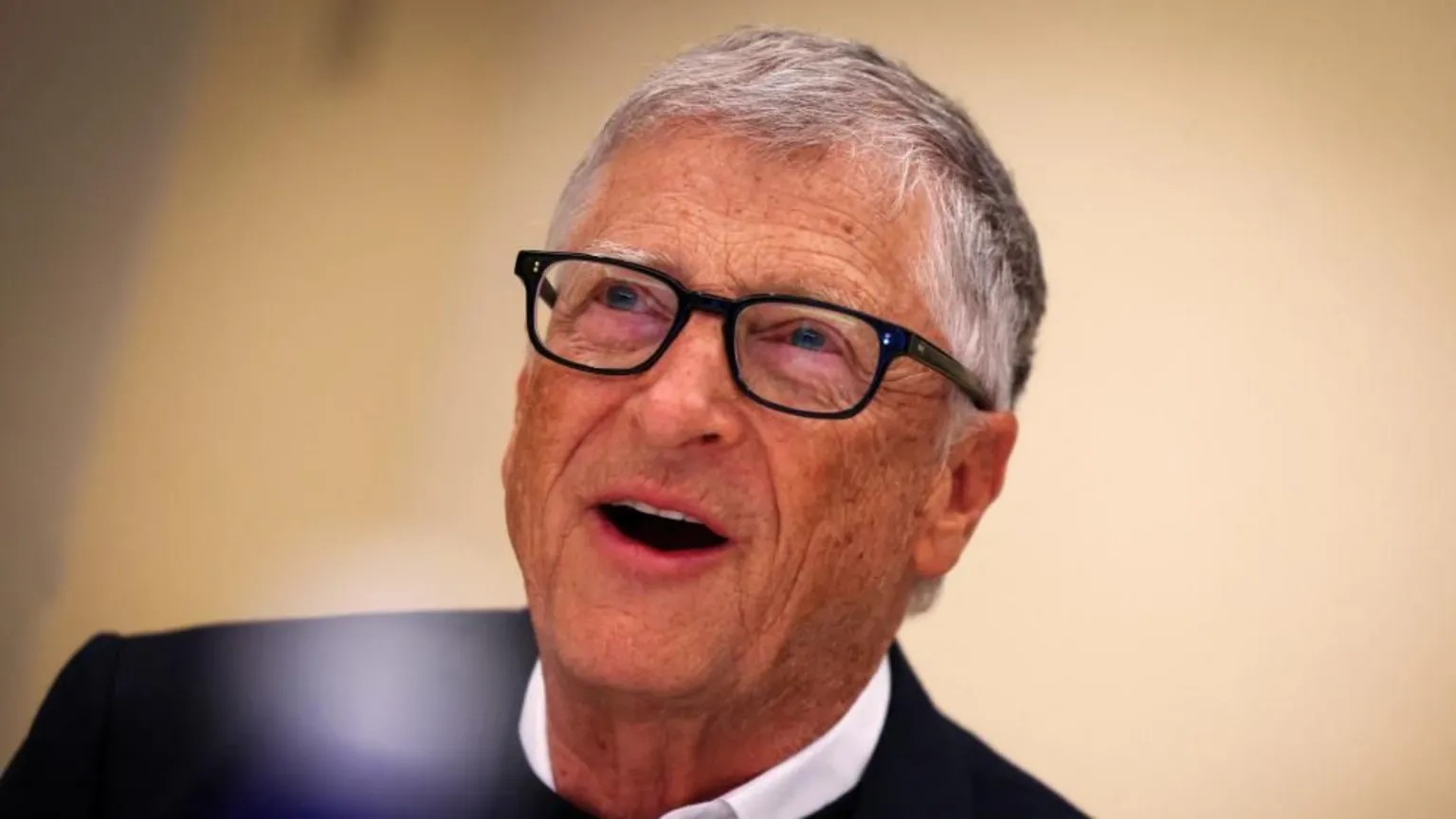
In a visionary move set to reshape the continent’s landscape, Microsoft co-founder and billionaire philanthropist Bill Gates has announced that the majority of his staggering $200 billion fortune will be directed toward improving health and education services across Africa over the next two decades. The 69-year-old tycoon articulated his commitment during a high-profile address in Addis Ababa, Ethiopia, emphasizing the transformative power of human potential fueled by access to quality healthcare and education.
Gates underscored his belief that empowering Africa’s youth through innovative initiatives could propel the continent onto a sustainable path of prosperity. "By unleashing human potential through health and education, every country in Africa should be on a path to prosperity," he stated confidently, highlighting his focus on fostering development that is both inclusive and sustainable.
During his speech at the African Union headquarters, Gates called on Africa’s young innovators to harness the burgeoning field of Artificial Intelligence (AI). Recognizing the immense potential of AI to revolutionize healthcare systems, Gates urged African entrepreneurs and technologists to develop locally relevant solutions. Notably, he cited Rwanda as a leading example, where AI-driven ultrasound technology is being used to identify high-risk pregnancies, thereby improving maternal health outcomes.
The philanthropist’s pledge comes on the heels of his declaration last month to give away 99% of his wealth by 2045, with the eventual dissolution of his foundation’s operations. “I recently made a commitment that my wealth will be given away over the next 20 years. The majority of that funding will be spent on helping you address challenges here in Africa,” Gates explained, emphasizing his focus on primary healthcare—a sector he considers crucial for long-term development.
Gates’s announcement has garnered praise from leaders across Africa, including Mozambique’s former First Lady Graça Machel, who described his initiative as occurring in “a moment of crisis.” She expressed hope that his steadfast commitment would continue to support Africa’s transformation journey, especially amid declining aid from Western nations. The US government, under the “America First” policy of former President Donald Trump, notably reduced healthcare aid to Africa, raising concerns about the future of anti-HIV/AIDS programs and other critical health services on the continent.
In line with his foundation’s strategic priorities, Gates emphasized investments that support maternal and child health—stressing that a healthy mother and well-nourished children are cornerstone elements for sustainable development. “Helping the mother be healthy and have great nutrition before she gets pregnant, while she is pregnant, delivers the strongest results,” he remarked. “Ensuring the child receives good nutrition in their first four years as well makes all the difference.”
Addressing the continent’s technological leap, Gates paid special attention to the role of AI in revolutionizing healthcare delivery. He called on African innovators to leverage the technology for social good, viewing it as a turning point akin to how mobile banking transformed financial access across parts of Africa. “Africa largely skipped traditional banking, and now you have a chance, as you build your next-generation healthcare systems, to think about how AI is integrated into that,” he said.
The foundation’s mission aligns with three primary objectives: eliminating preventable maternal and child deaths, combating infectious diseases that plague the continent, and lifting millions out of poverty. Gates made it clear that his foundation is planning a phased exit, with its operational sunset after 20 years, to encourage sustainable, locally driven initiatives.
Gates’s philanthropic philosophy has been profoundly influenced by Warren Buffett and other renowned investors, inspiring him to dedicate his wealth for impactful social change. Despite criticism—some argue that the Gates Foundation’s tax-exempt status offers unfair advantages and that its influence on global health policies is excessive—his commitment remains unwavering.
As Gates prepares to conclude his philanthropic journey through his foundation, he remains determined that legacy will be defined not by wealth accumulated, but by the lives transformed. “People will say a lot of things about me when I die, but I am determined that ‘he died rich’ will not be one of them,” he wrote in a recent blog post, reflecting his dedication to leaving a meaningful imprint on Africa’s future.



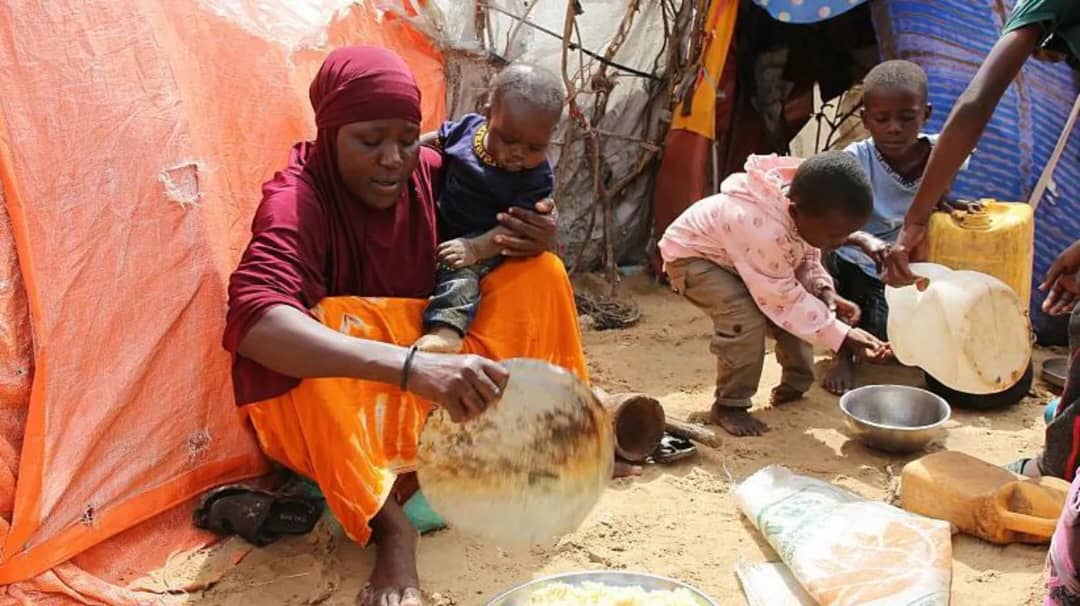

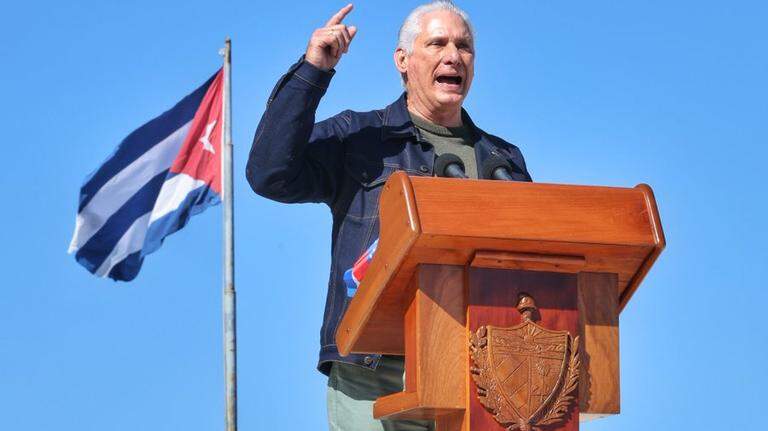
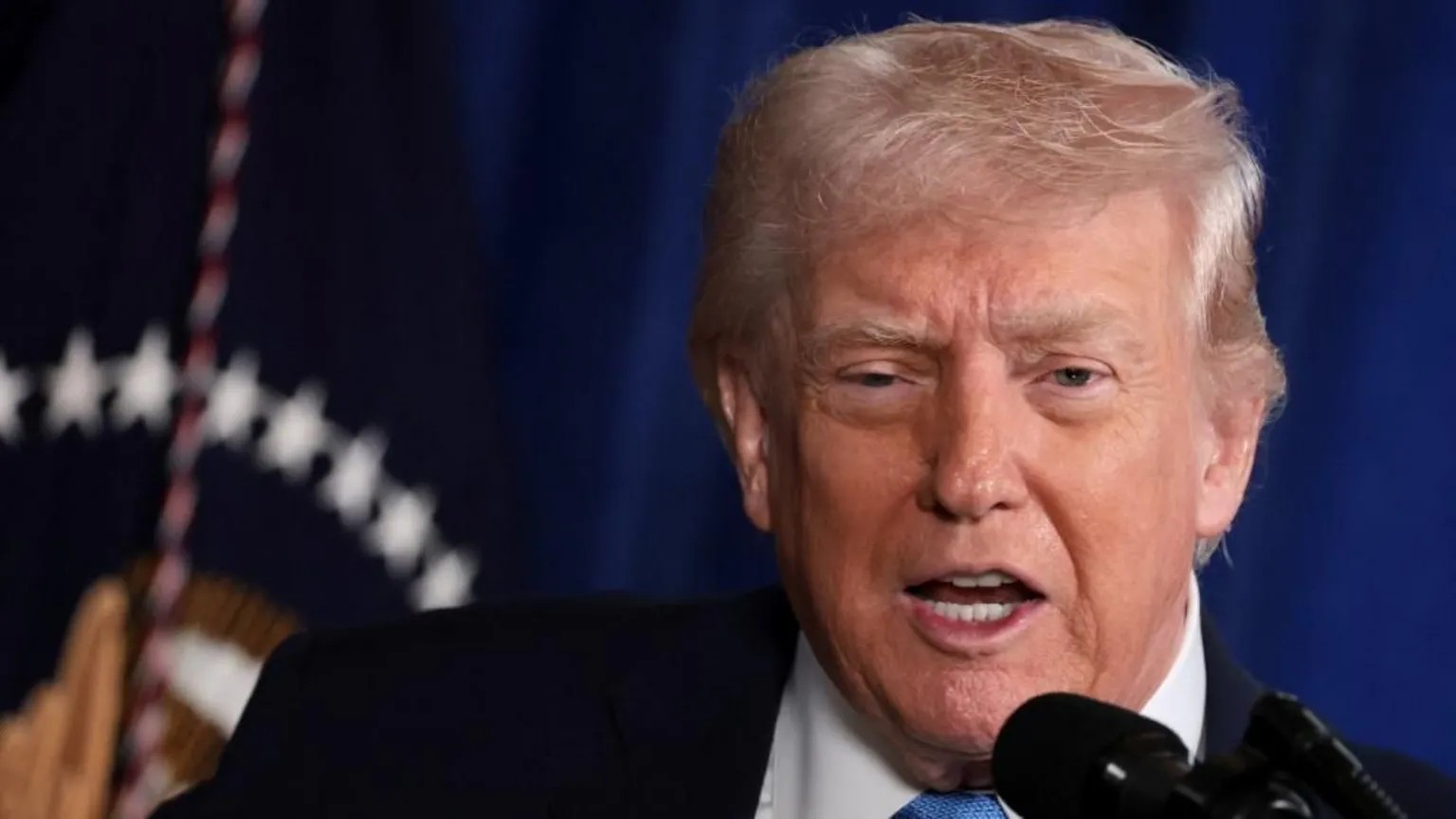
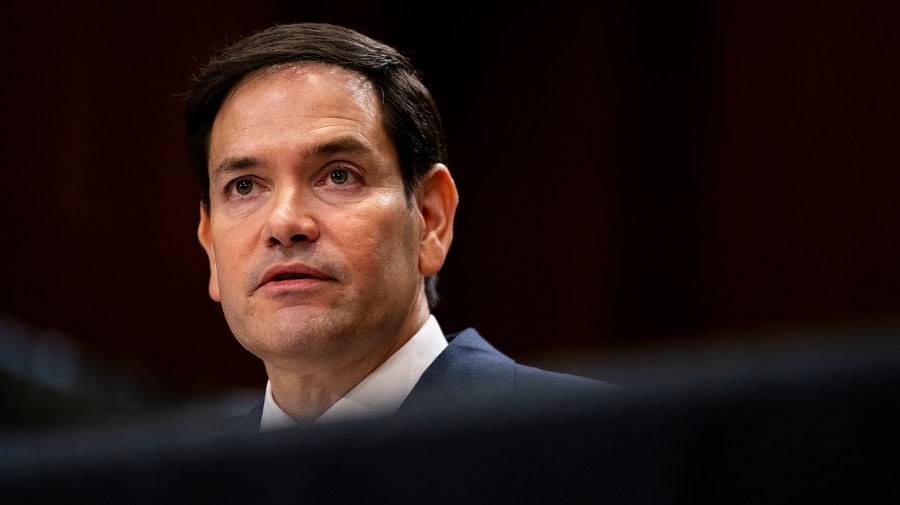
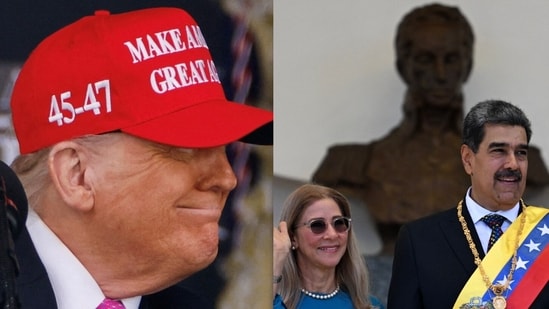



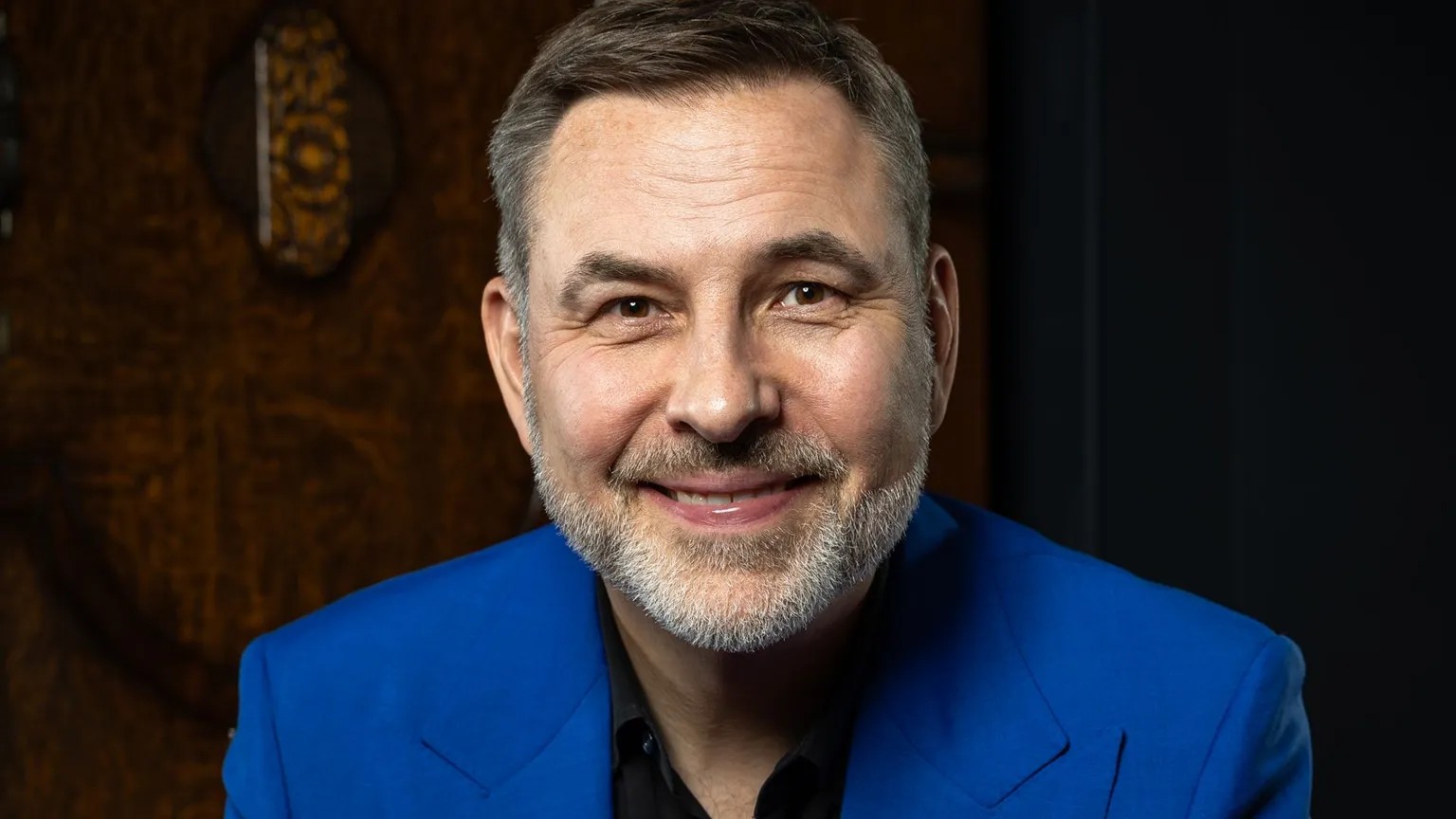
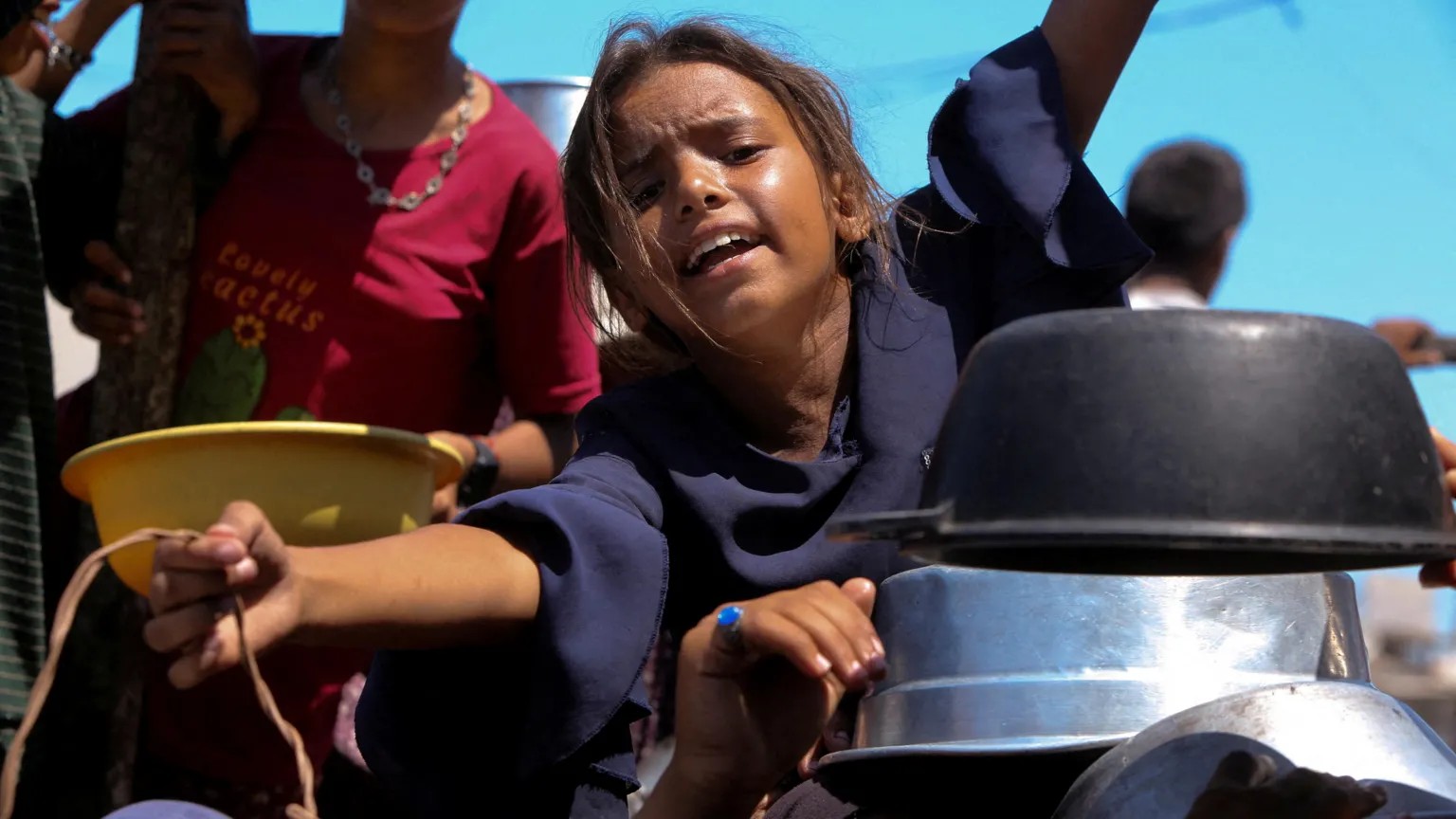
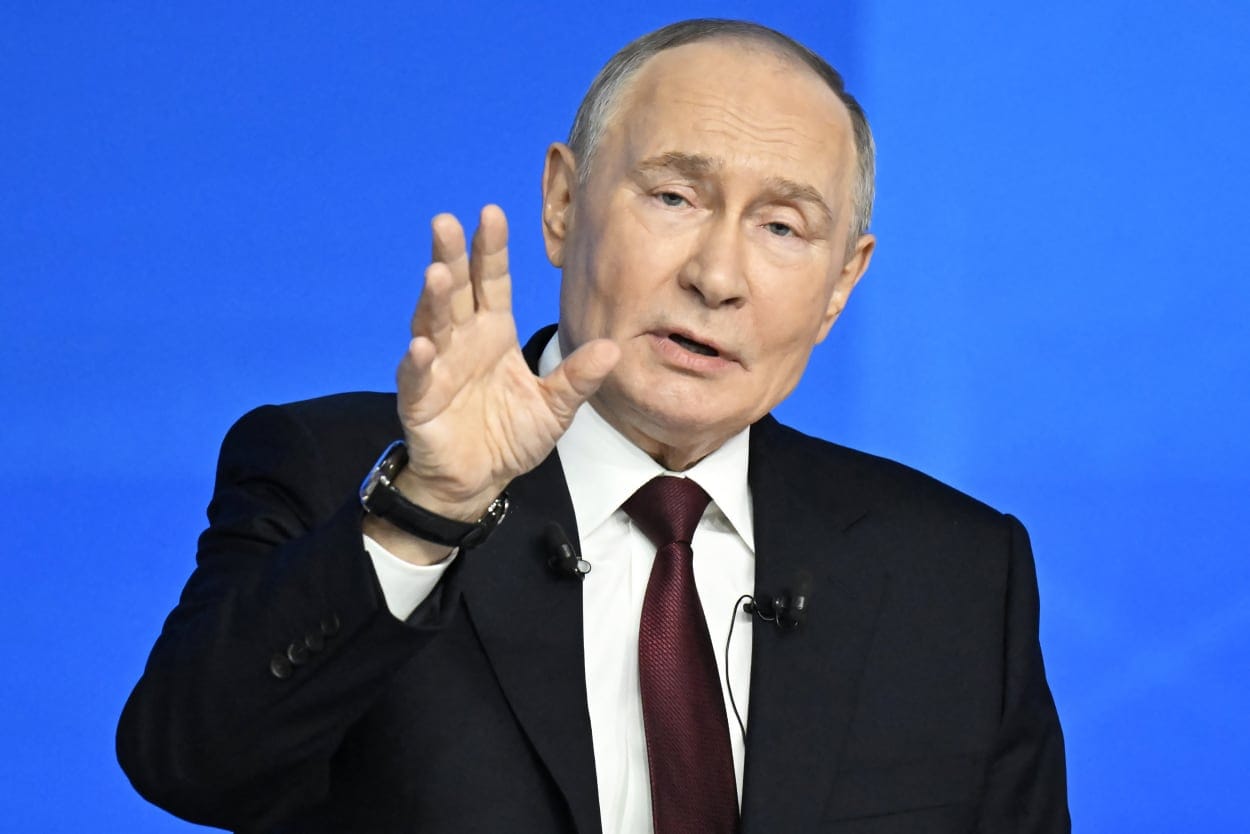

0 Comment(s)